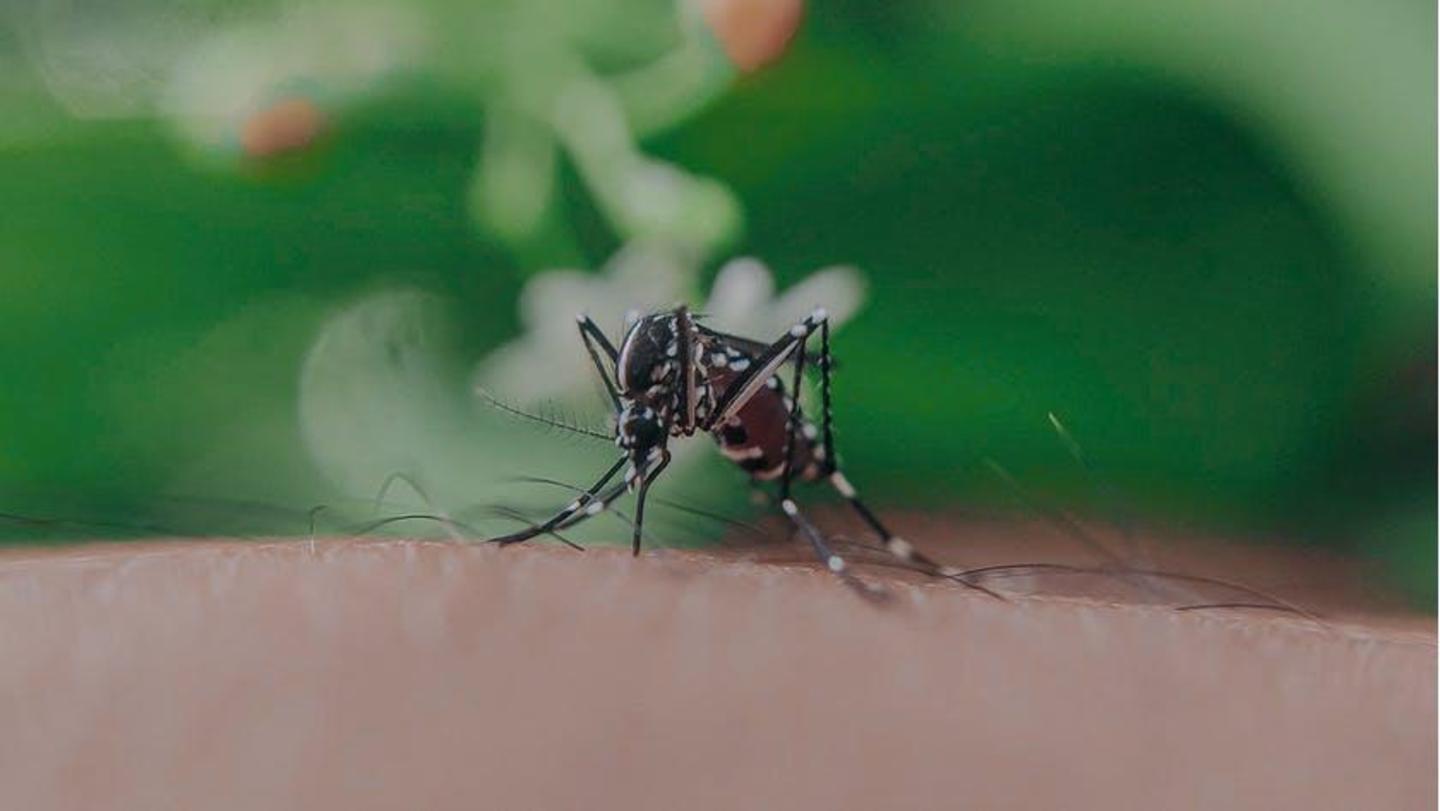
What is West Nile fever? Know about symptoms and prevention
What's the story
The West Nile fever has authorities scramming to remove mosquito breeding sites in Kerala after a 47-year-old man from Thrissur succumbed to it. The Culex species of mosquitoes spread the West Nile virus and it is believed that it can cause a fatal neurological disease in humans. The virus was first reported in Kerala in 2006 in Alappuzha and then in 2011 in Ernakulam.
Spread
How does the virus spread?
According to the World Health Organization, birds act as the reservoir host of the West Nile virus (WNV). When mosquitoes feed on these infected birds, the virus enters their salivary glands. Later, when mosquitoes bite humans, the virus gets transferred from the mosquitoes to the human body and continues to multiply. It also spreads through blood transfusion, organ transplants, and from mother to baby.
Symptoms
Symptoms of the disease
Around 80% of the patients infected with the disease are usually asymptomatic. The major symptoms of West Nile fever include fever, rash, nausea, headache, body aches, fatigue, and swollen glands. Some serious symptoms to look out for include tremors, coma, stupor, convulsions, numbness, vision loss, and paralysis. People over the age of 60 are at a higher risk of developing severe symptoms.
Recovery
How much time does it take to recover?
Patients who develop serious symptoms take several weeks or a few months to fully recover from the disease. They also stand the risk of permanent damage to the central nervous system. Most people suffer from febrile illness due to West Nile fever and have a high chance of recovering completely. However, the weakness can last for a few weeks or months.
Prevention
How to prevent the disease?
To prevent the disease, it is crucial to eliminate any mosquito breeding sites and keep your surroundings clean. Remove all items where water can collect and stagnate. Use mosquito repellents and wear full-sleeve clothes. Moreover, authorities should establish an active animal health surveillance system to detect new cases in birds and animals. Blood transfusions should normally be avoided when the disease is circulating.
Treatment
Is there any treatment available?
Till now, there is no vaccine, treatment, or medication available to treat West Nile fever. In case of mild symptoms and fever, a doctor usually prescribes over-the-counter medication to help the patient feel better. In case of severe symptoms or patients with a neuroinvasive WNV infection, hospitalization might be required. People must take personal protective measures to prevent the risk of mosquito bites.